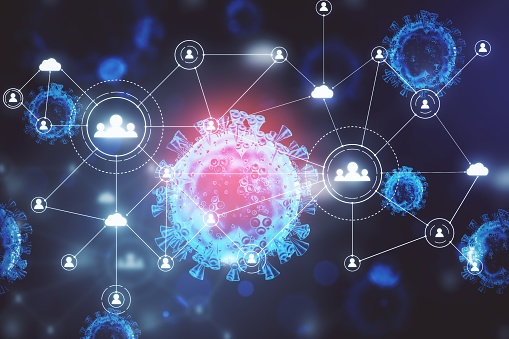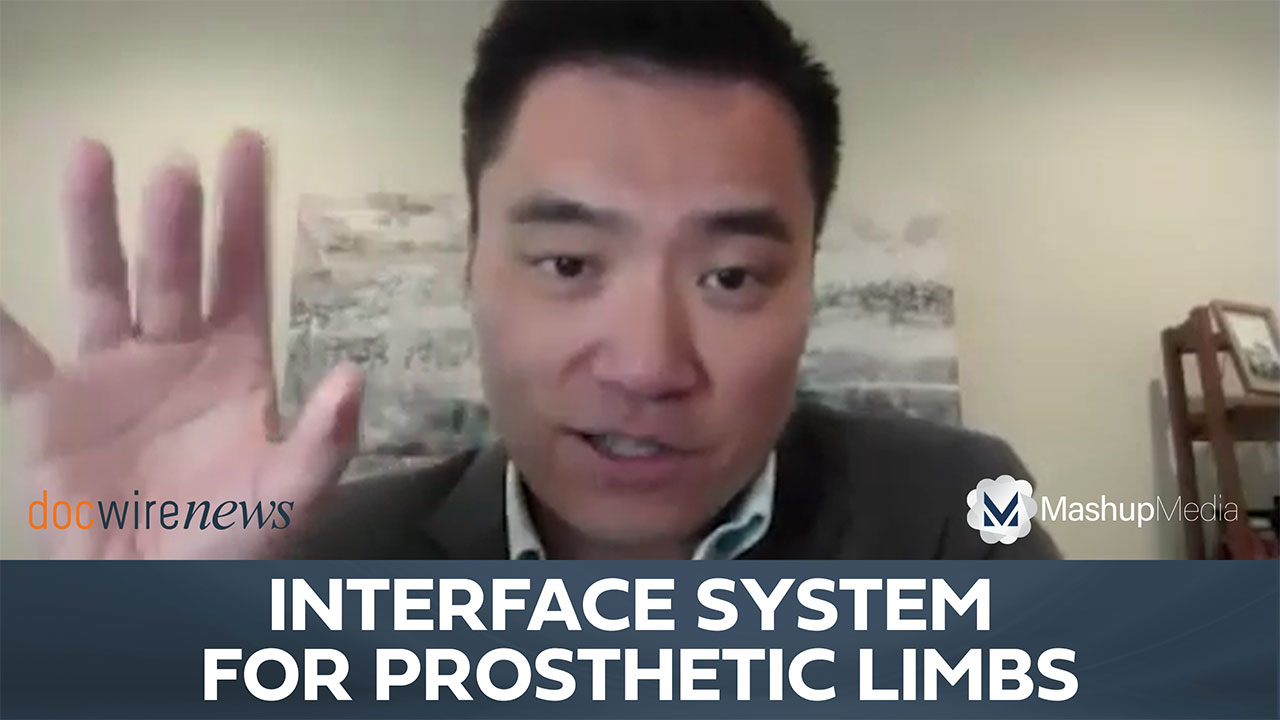
Researchers have developed an artificial intelligence (AI) model that can diagnose SARS-CoV-2 (COVID-19) with comparable efficacy as a professional radiologist, while preserving the privacy of patient data. The findings were published in journal Nature Machine Intelligence.
The technique, developed by researchers from the University of Cambridge and the Huazhong University of Science and Technology, utilized a method called federated learning to develop their model.
Since the beginning of the COVID pandemic, AI researchers have strived to construct models that could diagnose the disease. However, many of these models were built using low-quality data, as highlighted by the researchers. “AI has a lot of limitations when it comes to COVID-19 diagnosis, and we need to carefully screen and curate the data so that we end up with a model that works and is trustworthy,” said co-first author Hanchen Wang from Cambridge’s Department of Engineering via a press release. “Where earlier models have relied on arbitrary open-sourced data, we worked with a large team of radiologists from the NHS and Wuhan Tongji Hospital Group to select the data, so that we were starting from a strong position.”
The researchers used two well-curated external validation datasets of appropriate size to test their model and ensure that it would work well on datasets from different hospitals or countries. The framework of this model was based on three-dimensional CT scans instead of the traditional two-dimensional images. In total, they assessed 9,573 CT scans from 3,336 patients collected from 23 hospitals located in China and the UK.
The aforementioned federated learning was used to reduce for bias caused by the use of different datasets, by training a more generalized AI model by preserving the privacy of each data center.
The investigators succeeded in validating all the models on the same data, without overlapping with the training data. The team used a panel of radiologists make diagnostic predictions based on the same set of CT scans, and compared the accuracy of the AI models and human professionals.
According to the researchers, this AI model is applicable not just for COVID-19, but for any other diseases that can be diagnosed using a CT scan. “The next time there’s a pandemic, and there’s every reason to believe that there will be, we’ll be in a much better position to leverage AI techniques quickly so that we can understand new diseases faster,” said Dr. Wang.
New model improves accuracy of machine learning in COVID-19 diagnosis while preserving privacy https://t.co/ZojkWqn9U7 via @Cambridge_Uni pic.twitter.com/tpITBmFXY5
— Adi Gaskell (@AdiGaskell) December 16, 2021
“We’ve shown that encrypting medical data is possible, so we can build and use these tools while preserving patient privacy across internal and external borders,” said Dr. Michael Roberts from AstraZeneca and Cambridge’s Department of Applied Mathematics and Theoretical Physics. “By working with other countries, we can do so much more than we can alone.”
New #model improves accuracy of machine learning in COVID-19 diagnosis while preserving privacy @Cambridge_Uni @NatMachIntell https://t.co/QvHJQHhEyw
— TechXplore (@TechXplore_com) December 16, 2021
New model improves accuracy of machine learning in COVID-19 diagnosis while preserving privacy https://t.co/ZUQRQSZGW1
— FutureProTech Official (@FutureProTech1) December 16, 2021







 © 2025 Mashup Media, LLC, a Formedics Property. All Rights Reserved.
© 2025 Mashup Media, LLC, a Formedics Property. All Rights Reserved.